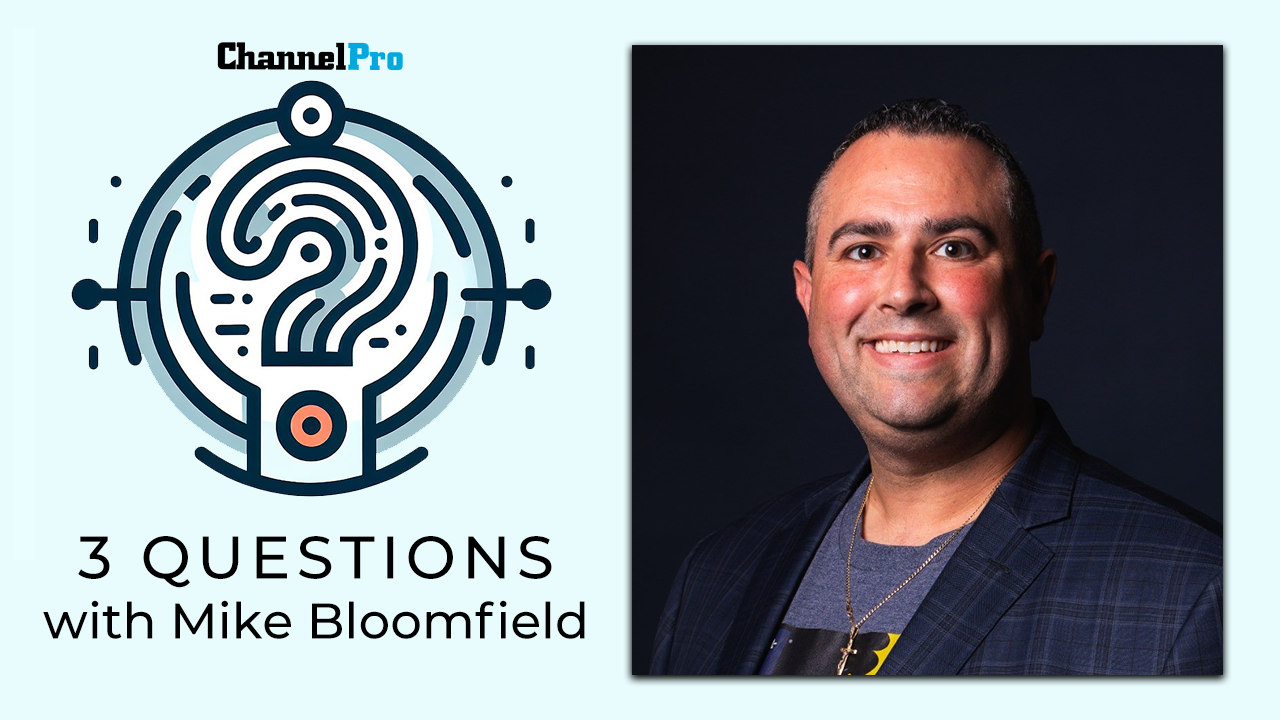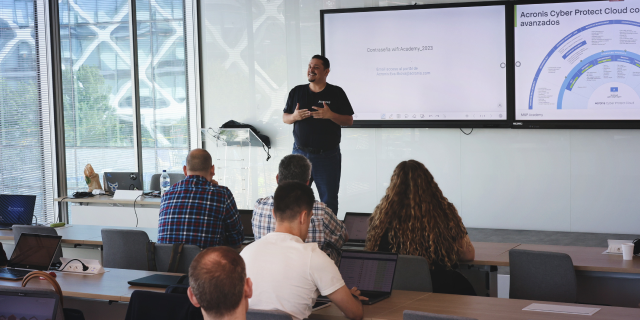PRIVATE EQUITY FIRMS are pretty excited about managed services.
It’s why they’ve spent the better part of the last decade investing billions in vendors that make RMM, PSA, BDR, and other managed services solutions. It’s why they’ve merged many of those companies, like Vista Equity Partners did when it rolled Datto and Autotask together in 2017, or like Thoma Bravo did last year when it combined ConnectWise with Continuum. And it’s why companies like Kaseya, with encouragement and assistance from private equity owners, have snapped up other vendors in a bid to construct integrated, comprehensive managed services suites.
Are the MSPs who use those suites excited about private equity firms? Hopeful but wary is more like it.
“”It’s a mixed bag,”” says Josh Weiss, president of Los Angeles-based managed service provider L.A. Creative Technologies, which uses both ConnectWise and Continuum products. “”The integration isn’t so great between those two right now, and the thought of having them under the same roof is great,”” he says. On the other hand, Weiss adds, some of the solutions he uses have stagnated since private equity moved in, and some of the vendors responsible for those solutions are leaning on him harder to sign long-term contracts these days.
For Juan Fernandez, meanwhile, the hardest part about the PE tidal wave is the uncertainty it creates. “”You’re never sure where it’s going to go, who’s going to buy what, and what’s going to line up where in my investments that I’ve made,”” says Fernandez, who is vice president of managed IT services at ImageNet Consulting, a multistate MSP headquartered in Oklahoma City.
So far, he continues, the jury’s still out on whether all the money flowing into vendors he relies on will ultimately be a plus or minus. “”I’ve not seen a negative impact or something to write home about in regards to a positive impact,”” Fernandez says. Like a lot of his peers, he’s watching intently to see when that changes, and how.
Fueling Growth
The lure of the managed services market for private equity investors is no mystery, notes Larry Walsh, president and CEO of channel consultancy The 2112 Group. “”It’s fragmented and it’s growing,”” he says, which makes it ripe for M&A-based consolidation.
“”It’s all about the rollup strategy,”” Walsh says.
That strategy has mostly benefited the vendors swept up in it to date, according to Paul Dippell, CEO of managed services consultancy Service Leadership. “”You’re seeing an acceleration of product sets and feature sets and integration that probably would not have been possible without this level of capital and expertise and experience,”” he says. “”There’s an enormous amount of money going into R&D. There’s an enormous amount of money going into partner education.””
All of that can be hard to see sometimes for MSPs wrapped up in running a business, he adds, but Barb Paluszkiewicz has noticed the effects of private equity’s business savvy. “”It fuels growth by assisting with operations and production and development and marketing,”” says Paluszkiewicz, CEO of Oakville, Ont.-based solution and managed service provider CDN Technologies.
Moreover, the tightly knit suites that PE-owned vendors are building have helped many MSPs not only boost productivity but save money, according to Walsh. “”When you start looking at companies with limited budget, limited resources, the one-stop shop actually does have a certain degree of economic sense,”” he says.
Stacking Up Profits
There are potential downsides to private equity rollups as well, Walsh adds, starting with the fact that standardizing on managed services suites can mean living with products that are good but not great in some categories. “”They can’t be No. 1 in everything,”” he says of suite makers.
And while none of the big vendors owned by private equity has walled off its platform from competitors, that doesn’t necessarily mean they will all be fully committed to cross-vendor openness forever. “”They’re not going to shut off others,”” Walsh says, “”but they’re not going to necessarily always make it easy either, because that’s how they’re going to bring people into their ecosystem.””
Then there are the price increases many MSPs fear could start coming as a few leading names rise to dominance. Those concerns have some merit, Walsh warns. One-time PE buyers of managed service vendors will all be sellers someday, and they’ll want to stack up as much revenue and profit as possible beforehand to entice potential investors. How do you do that? Walsh asks. “”You raise prices.””
You emphasize demand generation more heavily too. “”They’re throwing an immense amount of money into sales and marketing,”” notes Dippell of the big suite makers. Weiss is one of many MSPs worried that R&D will become a comparatively lighter priority as a result.
“”I think part of what we’re going to see is just more strictly finance-based decisions made with these products and a move away from innovation,”” he says. Unlikely, Dippell counters.
“”I can tell you that the private equity playbook has just as much focus on feature/function advantages that they can sell as it does on selling,”” he says.
Even so, he continues, private equity firms aren’t shy about eliminating products that aren’t meeting expectations. That’s another concern for Weiss. “”That’s where I think it gets partners the worst is when you’ve kind of put a lot of investment of money and time into learning a product,”” he says, and then it disappears.
On the other hand, Walsh observes, MSPs unhappy with PE-owned vendors have alternatives, and always will. For every existing software maker purchased by private equity, a younger, independent one enters the market. Up-and-coming names like NinjaRMM, Pulseway, and SyncroMSP, for example, are attracting partners precisely because they’re smaller than the top brands. “”They’re more responsive, they’re more flexible, they want to earn your business,”” Walsh observes. “”For some companies, that actually makes a big difference.””
Everyone else can expect to see a lot of change, and perhaps sooner than they think. Though Dippell believes most of it will be a boon for MSPs, he freely concedes that the opposite could be true as well.
“”When private equity steps in, things move faster,”” he says. “”When the journey is faster and at higher altitude, the risks can go up.””
Image: iStock















